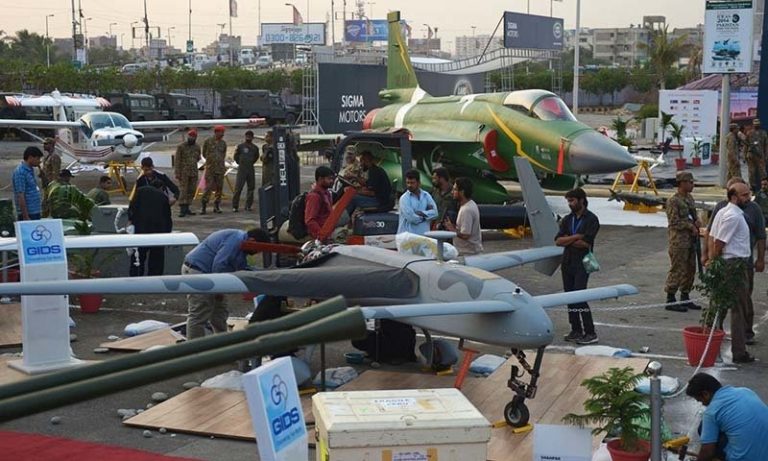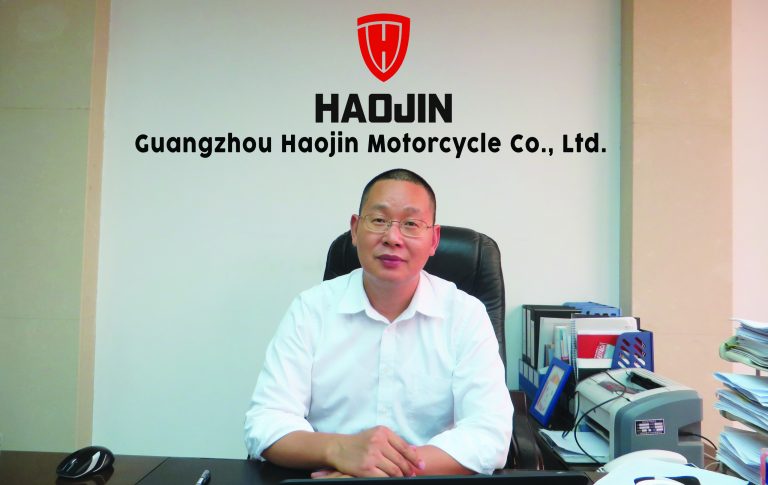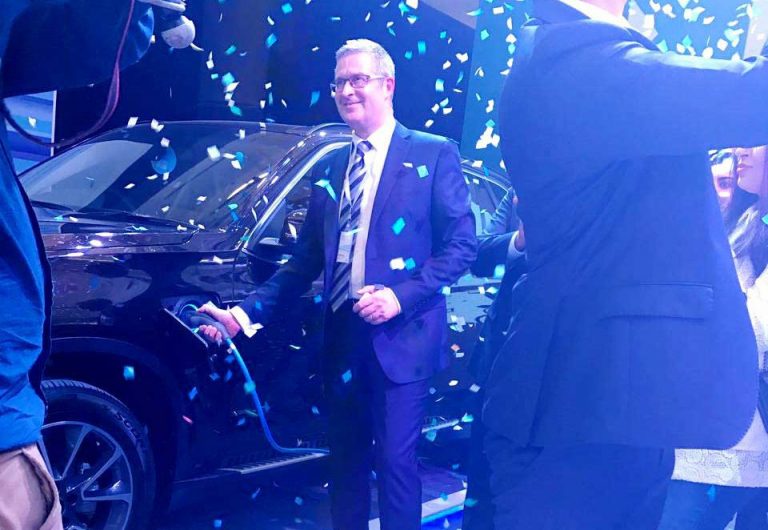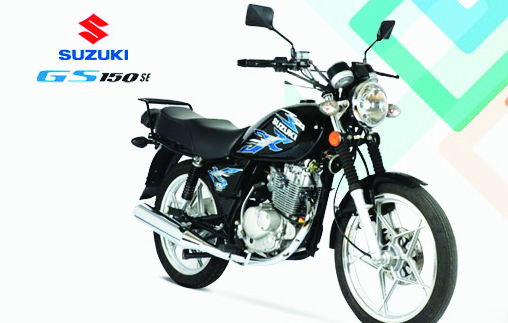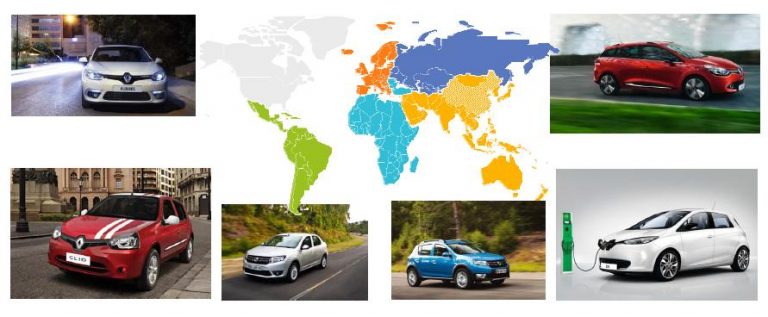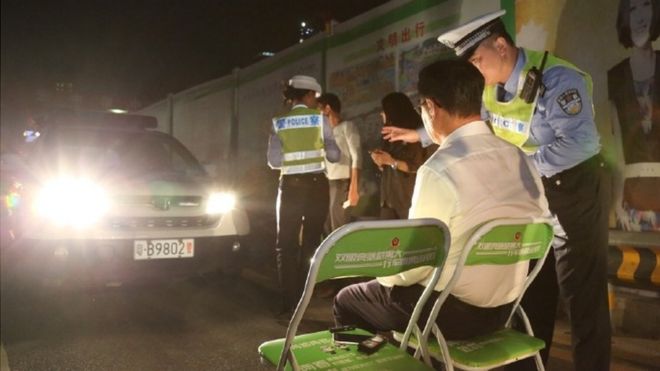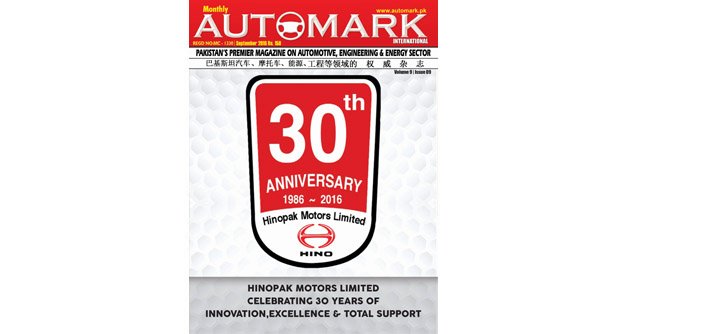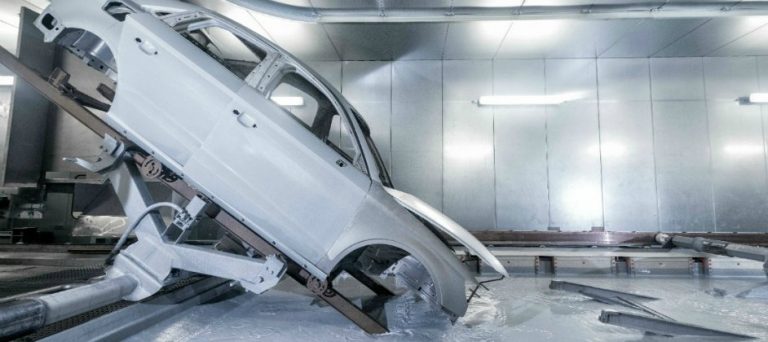The Director General Customs Valuation has issued new custom values on August 25, 2016 after three years for import of motorcycle helmets ranging between $2.60 to $9.60 per piece of Chinese and other countries origin based on the prevailing prices in world markets.
Customs values for bike helmets (half and full face and cross shaped) specified shall be assessed to duty/taxes of above customs values.
The Customs said valuation methods given in Section 25 of the Customs Act 1969 were followed. Transactions value method provided in Section 25 (I) was found inapplicable because the requisite information was not available. Identical/ similar goods value methods provided in Section 25 (5) and (6) were also not found helpful in determination of values due to wide variation in values. Consequently market enquiries as envisaged under Section 25(7) of the Customs Act 1969, were conducted and customs values of bike helmets were determined under Section (7) of the Customs Act 1969.
The values determined in the ruling shall be the applicable customs value for assessment of subject imported goods until and unless it is rescinded or revised by the competent authority.
Market sources said that previous ruling on full face helmet of China was $2.53 per piece while valuation of half face helmet was $2.23.
They said the import duty on helmet ranges between 16-20 per cent, additional customs duty of one per cent, 17 per cent sales tax, additional three per cent sales tax and six to nine per cent income tax. Considering the valuation ruling of $2.80 of a Chinese helmet at 16pc ST, one per cent additional customs duty, three per cent additional sales tax and six per cent income tax, the cost of import for a helmet comes to Rs 440. On the contrary, full face helmet of Chinese origin sells between Rs 800 to Rs 4,000 while half face helmet sells between Rs 750 to Rs 3,500. Some branded cross shape helmet is priced Rs 5,000, but after the sindh Govt’s announcement for bike rider wearing compulsory helmets, the prices of helmets increased.
Association of Pakistan Motorcycle Assemblers (APMA) Chairman Mohammad Sabir Shaikh said it is also unclear whether imports of helmets from China at same of European standards or average quality is arriving into Pakistan.
He said customs department does not have any study regarding category of helmets arriving from China as certified helmets are already very costly in China starting from minimum $10 to $35 per piece and sub standard helmets are priced between $4 to $13 per piece.
Thanks to the rising demand for two- and four-wheelers in Pakistan due to China-Pakistan Economic Corridor (CPEC), both car and bike segments of the Atlas Group have been recording high sales in recent months.
Bike-maker Atlas Honda sold 76,309 units in August alone while car-maker Honda Atlas has so far booked orders for over 18,000 new Civics since its launch in June 2016.
“After the pre-launch on June 6, there have been approximately 18,500 orders for the new Honda Civic,” Honda Drive-In and Honda Quaideen CEO Shabir Alibhai said.
Honda Atlas is delivering Civic I-VTEC within one month of the booking date followed by two to three months’ delivery time for Civic Turbo 1.5 and four months for Civic Oriel 1.8. Bookings are made at 50 per cent of the value of the car.
In the motorcycle segment, Atlas Honda had achieved sales of 73,259 units in January followed by 73,078 units in April.
A spokesperson for the bike maker said the two-wheeler market is responding well to the company’s competitive pricing strategy and timely response to customer needs.
He said the company is nearing the completion of 1.3 million-unit capacity expansion form the previous capacity of 750,000 units per annum.
While the demand for CG125 and 100cc bikes is on the rise, CD70 is leading the company’s sales with the monthly demand clocking up at more than 50,000, he added.
Karachi is also experiencing a surge in demand. The city is a big credit sales market, but Honda is selling on cash “even in this tough market,” he claimed.
“Our target is to increase the capacity utilisation of the new factory as soon as possible,” he added.
The bike manufacturer sold 811,034 units in 2015-16 as opposed to 653,193 units in 2014-2015, reflecting a year-on-year rise of 24.1 pc.
Sabir Shaikh said Honda is going strong because of its high quality unlike Chinese bike assemblers. Most of the Chinese bike assemblers prefer selling cheap and affordable bikes to increase sales, he added.
Out of the total annual production of about 2m bikes, Honda manufactures around 800,000 units of original Honda CD 70 and CG 125, Chinese bike assemblers roll out up to 1.1m units of replica of CD 70 and CG 125 while all other models and brands including Suzuki & Yamaha assemble and sales 100,000 units every year. The very notable and important point is that out of 02 million 1.9 million bikes are original and replica of CD 70 and CG125.
Suzuki bike sales plunged 9.5pc to 2,825 units in July-August from 3,121 units in the same two-month period of the preceding fiscal year.
In 2015-2016, Suzuki’s sales decreased to 17,456 units from 22,703 units recorded in 2014-2015, down 23.1pc year-on-year. Yamaha sold only 2,044 units in July-August as opposed to 3,450 units in the same period a year ago, showing an annual decline of 40.7pc.
FBR has its focus on revision and streamlining of customs values as well as data interchange with the exporting country to eliminate under-invoicing.
Sources said that the delegation of Pakistan Customs would also hold meetings with Customs of China to discuss issues pertaining to the trade related aspects under China-Pakistan Economic Corridor (CPEC).
The import bill of parts and accessories used in assembling vehicles locally rose 8.5 per cent year-on-year to $841 million in the last fiscal year, even higher than $537m spent on imports of completely built-up (CBU) units.
According to the Pakistan Bureau of Statistics (PBS), imports of completely knocked-down (CKD) and semi-knocked-down (SKD) kits was $775m in the fiscal year 2014-15 and that of CBU was $406m.
In the imports of auto parts including CKD’s and commercial imports of after market parts of cars, motorcycles, LCV’s, heavy commercial vehicles and tractors massive mis declaration and under invoicing by the importers and assemblers of different categories and in different dry ports is one of the famous story in Tax evasion history of FBR in Pakistan.
Sources said the industry is importing hi-tech parts not manufactured in Pakistan while auto-parts makers are also importing finished parts, castings, sub assemblies, sub components and raw material, mis using the SRO 655/I-2006.
Based on the import figures of $841m for CKD/SKDs and $537m for CBU units in FY16, a total of 216,000 units were assembled, including cars and LCVs, the former Paapam chairman said. In contrast, imports of used cars were more than 50,000 units in same fiscal year, he said.
The combined imports of SKD/CKD units and parts and accessories (after market) come to $1.17 billion in 2015-16 compared to $1.09 bn in 2014-15.
Sabir Shaikh said hi-tech parts were not produced in Pakistan despite rising sales, especially of motorcycles. Rising imports of parts suggested local vendors were unable to meet demand and the industry was buying it from the commercial importers, he said.
“There is a need to form an independent audit team which can check the actual localization levels achieved by the industry in various auto segments,” he said, adding that despite high sales of bikes, nobody from Pakistan had made serious effort to set up a carburetor plant. “We are still an assembly-based industry as major parts come from abroad.”
Federal Board of Revenue (FBR) has increased duty on auto parts by one percent over and above the duty structure approved in the Auto Development Policy (ADP) 2016-2021, the 1% increased in Custom Duty already implemented from July 2016 under SRO 693/2006.
Sabir Shaikh argue that if the government starts intervening in the auto policy from day one, the fate of new auto policy will not be different from the previous policy and new investors will stay away from Pakistan. “I feel imposition of one per cent additional duty on auto sector components is an attempt to discourage new investment in this sector,” said Muhammad Sabir Shaikh.
Pakistan’s Motorcycle assemblers have a total installed capacity of 4 million motorcycles per annum but the production for the last fiscal year was record two million units, out of total 02 Million sales 1.9 million bikes are original and replica of CD 70 and CG 125.
Due to tough competition between bike assemblers some assemblers are in a precarious position owing to which they are failing to pay the outstanding amount on received parts for production from their vendors.
Consumers have failed to get any benefit from the huge lot of assemblers as they have been producing more than three decades old replica of CD-70, 70cc models mainly and due to competition they are decreasing the quality of products.
The difference in valuation of the import of motorcycle parts between commercial importers and assemblers – valuation for assemblers is mostly higher – is leading to an increase in the smuggling of motorcycle parts from China, industry officials said.
Customs department increased valuation on motorcycle items or parts for local assemblers, which commercial importers import from China on lower valuations. Thus, smuggling increased manifold with 124 assemblers out of which 80 assemblers are active in the country now some of them are using smuggled parts in the motorcycle assembling industry.
Commercial importers are those who import motorcycle parts for approximately 20 million motorcycles that are plying on the country’s roads. On the other hand, motorcycle assemblers import parts from China and then use them in the assembling industry.
One more important point for fixing valuation for import of motorcycle parts that Honda is producing original CD 70 and CG 125 motorcycles, all other Chinese based assemblers are producing replica of CD 70 and CG 125 motorcycles which are 40% lower priced than original Honda.
This exclusive article on Pakistan Automotive Sector, published in AutoMark Magazine October-2016 printed edition
